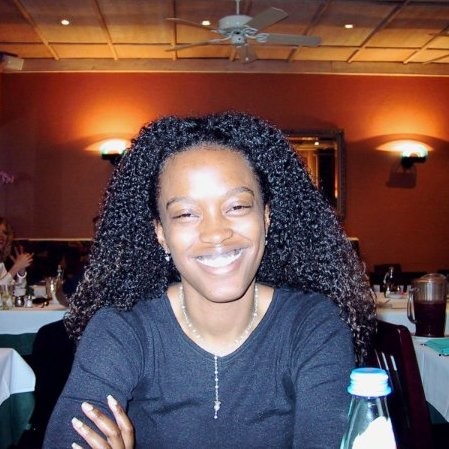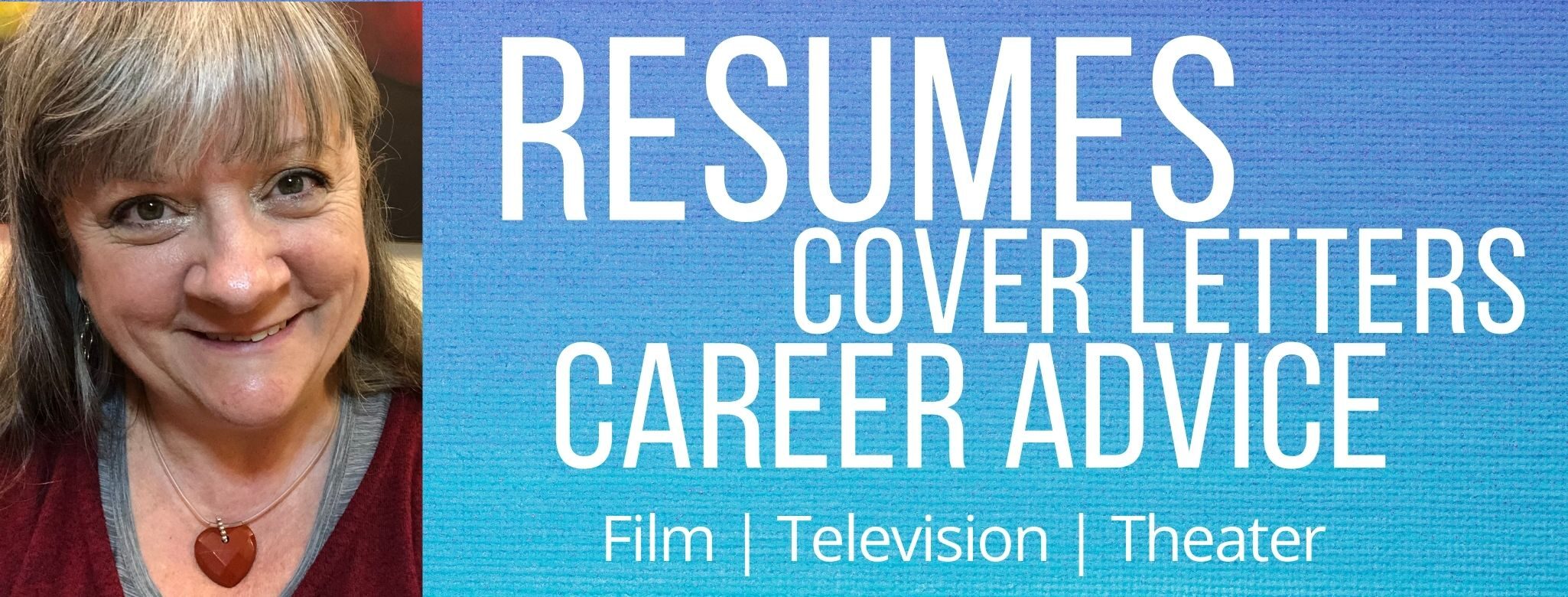
I met Stephanie Johnson at a recent Women in Media sponsored screening, where she spoke on the panel about her work as a producer who helps writers develop their literary work for film and television. She has a background as a talent agent with major agencies, and has also worked in finance and marketing at Lionsgate. As the CEO of her own company, Clover Entertainment, she spends much of her time reading published works, looking for the next intriguing project with cinematic potential. She’s a perfect example of how in entertainment we can combine creative thinking with business sense and be successful.
My first job was as a trainee at, what was then called William Morris Agency (WMA, now WME) in 1989. It came about because I wanted to get into the business. I had viewed a 60 Minutes story about the industry and they talked about what agents do, mentioning WMA, InterTalent (which doesn’t exist anymore), and one other I can’t remember. The story also talked about other companies in the entertainment business, studios, production companies, etc. I went to the library (before everyone had personal computers and there was no Google), did some research and found a couple of addresses for the companies that interested me. I sent a letter to each with my resume saying I would be coming out to Los Angeles from Michigan (where I was born and raised) for a week and would like an interview.
One of those interviews was with WMA. I had to scramble to make arrangements for a flight and place to stay (distant relatives), as I had nothing set up. The week I was In Los Angeles, I went on a series of interviews with different agents in different departments at WMA, along with an interview at Samuel Goldwyn. Once I got home, I was offered both jobs and chose to work at WMA as a trainee.
My second job was as first assistant to Elaine Goldsmith (now Elaine Goldsmith-Thomas) at ICM. At the time, Elaine represented Tim Robbins, Susan Sarandon, Julia Roberts and many others. Elaine is currently a producing partner with Jennifer Lopez on her many projects.
Don’t let anyone else dictate what I want. Decide what you want and go for it. As an African-American woman, I have had many people be surprised I was a talent agent, not expect me to know what I was talking about, or tell me what I should be doing instead. When I decided to get into producing, I was told I should do films like Tyler Perry. I respect his work, but those aren’t the types of projects I am particularly interested in doing.
The worst piece of advice was to work within the system and try to get along. That doesn’t work in this business. People see it as a weakness. They may not like you for bucking the system and doing it your way, but they do respect it more.
I’m not saying that you have to be nasty or combative, when I say buck the system. What I mean by that is if you want to represent an actor that no one else gets, do it anyway. If you see a particular property that you think should be a film or television series, keep at it until you make it happen. If you have a vision as a writer, filmmaker, etc., go for it until it happens for you. Don’t just take all the no’s that come your way. Look at J.K. Rowling, who was told ‘No’ by every publisher but one. Now she’s one of the wealthiest self-made women in the world.
What I would say to encourage a person new to the business who wanted to get ahead in my particular area would be to take advantage of every opportunity that comes your way. Learn as much as you can about it. Be knowledgeable and helpful. Keep contact information on everyone you meet because you never know where they will end up. Don’t focus on how you think things should happen. Be open to every opportunity, because what you want may come at you from an angle or direction you never imagined. Be open to saying yes.
|
